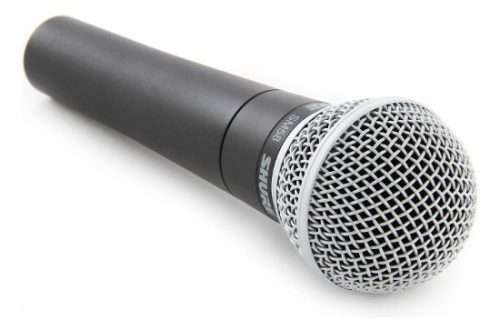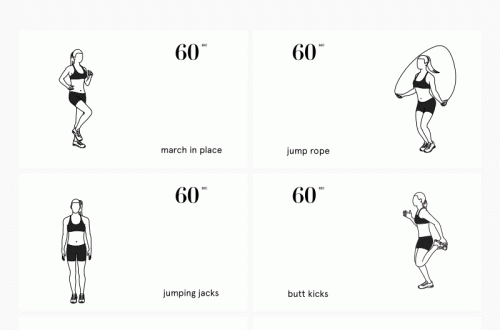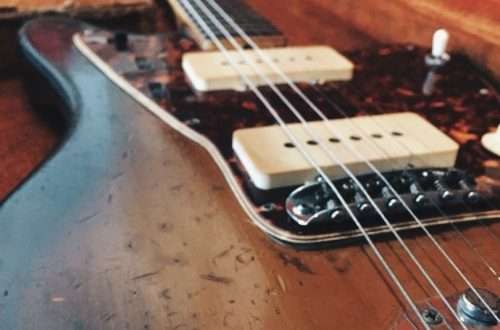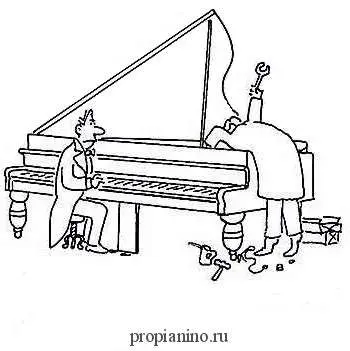
Proper piano care is the secret to the longevity of your instrument.

Any thing, as you know, has its own time and sooner or later even stone castles turn into ruins from old age. But, one way or another, this does not mean that nothing can be done about the fact that the piano will become unusable. And if you consider that the piano is a musical instrument, the sound of which is based on stretched strings, then do not forget that it tends to get out of tune.
There are relatively simple rules to follow, thanks to which you will ensure it has the longest possible life … And do not forget that the tools created back in the XNUMXth century are considered the best and most expensive tools, and wood, by the way, only improves its quality over time. Of course, if you provide the piano with proper care.
Heat
Do not place the piano near radiators or other heating devices, it should be at least 2 meters away from them – the wooden case will experience additional stress, and excessive drying will damage the instrument. For the same reason, try to place it so that direct sunlight falls on it. Ideal for a piano is an average room temperature of 15°C to 25°C with a relative humidity of 40%.
By the way, it is better to call the tuner (if, of course, it is required) after the start or end of the heating season. And if you bring a piano in the middle of winter, then before tuning, let it “thaw” for a day, do not open the top and keyboard covers, after frost at room temperature, during thawing, individual parts may become covered with moisture – let it evaporate on its own, but after dry, wipe the instrument with a dry cloth.
Action
Try not to move the piano after it has been set up, as this can adversely affect both its appearance and tuning. Protect the instrument from blows – if you didn’t manage to play an etude, then it’s better to take out your anger on some other, simpler and stronger object – the piano will get upset much faster from blows than from frequent playing on it.
And in general, try to control yourself – if you thoughtlessly hit the keys with obviously excessive force, then you will not be able to avoid the visit of the tuner (although those who practice this, the tuner is hardly needed at all). Systematic overdoing can generally lead to the fact that the strings can break, and if you are very unlucky, then the breakage of the hammer cannot be avoided, and no care for the piano will help here anymore.
vermin
It may seem funny, but there is, in fact, very little funny about it – the piano will also have to be protected from our eternal ungrateful neighbors – moths. Ask how a moth can interfere with a wooden tool, they do not hunt by eating wood? I answer: under the keys there is a special gasket and dampers – these are the ones that will be attacked by insects. Yes, and the case itself is a wonderful home for them, so if you don’t want to lose your favorite fur coat in the future (if you really don’t feel sorry for the piano), then hang it inside on the bolts with which the mechanics are fastened, bags with naphthalene or lavender (any folk remedies against parasites will be used). Alternatively, simply scatter pesticide on the bottom of the piano. If you have difficulty choosing a remedy, then it’s better to just use the usual and cheap Antimol remedy, and show your imagination in playing music.
Cleanliness
The most elementary, but sometimes for some reason the most difficult to perform: wipe the piano at least sometimes from dust; never place vases, flowerpots, or bronze candlesticks on it, and generally don’t get into the habit of placing heavy objects on it—you might as well have a chest of drawers. Respect an object that was created in order to create!
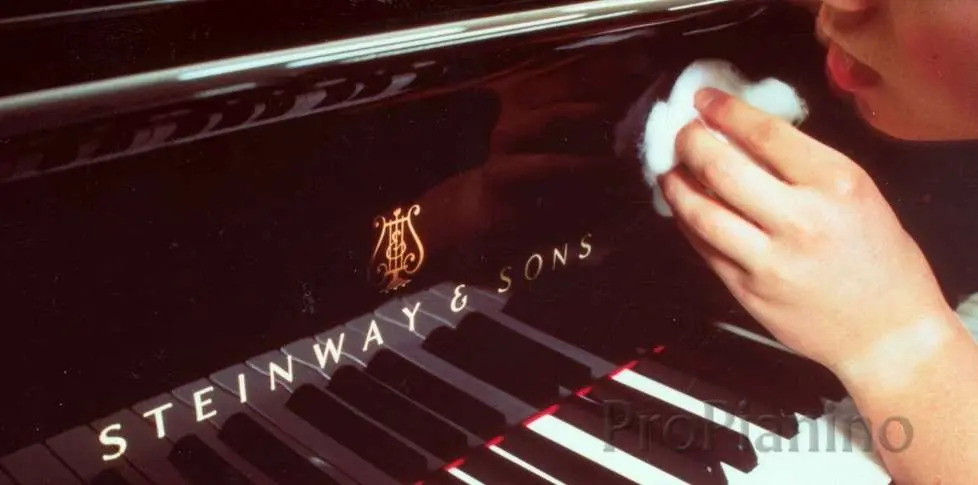
An ordinary flannel and, very importantly, a dry rag is best for wiping dust. Do not use any polishes on the piano – any change in the surface properties of the instrument will affect its sound, plus the polishes will attract even more dirt.
Humidity
One of the most controversial. Often, a jar of water is placed in the body of the piano, which, in theory, should maintain the necessary level of humidity for the piano. Opinions are divided: someone says that this measure will help extend the life of the instrument, others say that this is a whim and that it can only ruin the piano.
And the truth, as they say, is in wine… Oh, I’m sorry, I wanted to say – in the middle!
If the tuner at one time placed a jar of water, then he knew what he was doing, do not show initiative yourself, which, as you know, is punishable. Of course, this is a useful measure, but if you do not maintain the water level in the jar, or forget about it altogether, you will get the opposite effect – the piano will dry out. So if you know for yourself such a sin as forgetfulness, then it is better to immediately abandon this method of maintaining moisture.
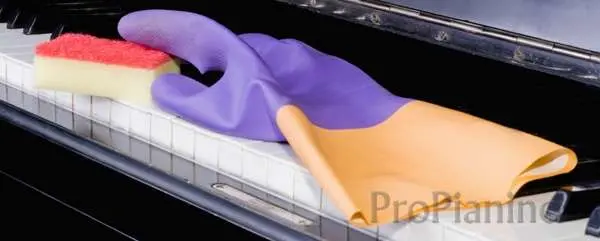
Now you know exactly what kind of care the piano needs to be inherited by your great-grandchildren. And if all of the above did not inspire you, then I want to tell you that in completely neglected instruments, tuners often find mouse holes where new little mice will live and be born. I think it will be more terrible than a moth … I remind you that mice are carriers of infectious diseases and natural carriers of parasites.
I just warned you, I sincerely hope that you will never come to this. But just in case, if you are buying a used piano, I advise you to invite the master as soon as possible after the purchase: after all, you can vouch for yourself, but not for the former owners.
Good luck to you, may the water not spill from the jar and moths with mice in your piano will not start!



